Noticia
UPS professros presented their research in the ISGTLA 2017 Conference
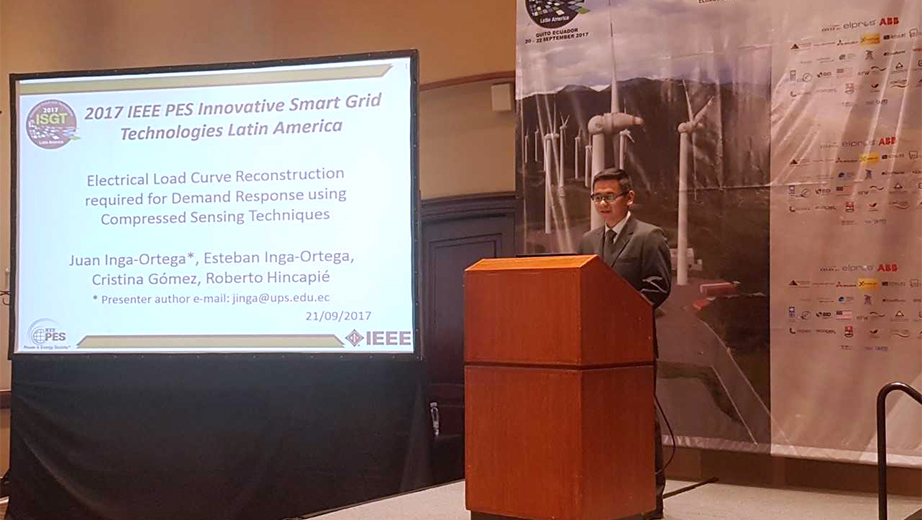
Researchers from the Smart Electrical Networks Research Group (Grupo de Investigación en Redes Eléctricas Inteligentes (GIREI), the Telecommunications Research Group (Grupo de Investigación en Telecomunicaciones (GITEL) and some professors from the Electricity undergraduate program, presented the results of their research during the "Innovative Smart Grid Technologies Latin America 2017, ISGTLA – 2017", in Quito.
The event brought together researchers from several Latin American and European countries, who took part in tutorials, lectures, and presentations related to Electrical Engineering, Electronics, Telecommunications and Computing in relation to the needs presented in Intelligent Electrical Networks. The papers were:
- "Electrical Load Curve Reconstruction required for Demand Response using Compressed Sensing Techniques", by Juan Inga (UPS), Esteban Inga (UPS), Cristina Gómez and Roberto Hincapié from Universidad Pontificia Bolivariana (UPB). This research allows to reduce the number of samples in the stage of intelligent energy measurement and to determine the load curve required for a demand response.
- "Optimal Fault Location in Transmission Lines Using Hybrid Method", Diego Carrión (UPS), Jorge W. González, Idi A. Isaac and Gabriel J. López from UPB. The research focuses on the problem of accurately locating a fault in the electrical transmission systems to minimize the response time and increase its reliability.
- "Standalone Photovoltaic System, using a Single Stage DC / AC Power Inverter Controlled by a Double Loop Control" by Wilson Pavón Vallejos (UPS). This research is about the findings of a control system on photovoltaic systems to improve the operation of the sources of generation with renewable energies.
- "Electrical Vehicle: Facing Future Challenges in Quito", by Alex Valenzuela, Ivan Montalvo and Carlos Barrera from UPS. This paper proposes a comprehensive approach to the benefits and challenges of electric vehicle penetration in Ecuadorian electricity grids, considering different charging points and strategies, the state of charge of electric vehicles, distributed generation and the concept of how the vehicle can become a source of energy delivery to the network in a commercial sector of the City of Quito. The results show that electric vehicles could improve the efficiency of the system; however, some political and technical requirements must be taken into account to achieve a total integration of these vehicles into the electricity distribution network.
The papers presented during this event will be published and indexed by IEEE Xplore and Scopus
Contenidos Relacionados
Contenidos Relacionados
Noticias Relacionadas
Noticias Relacionadas

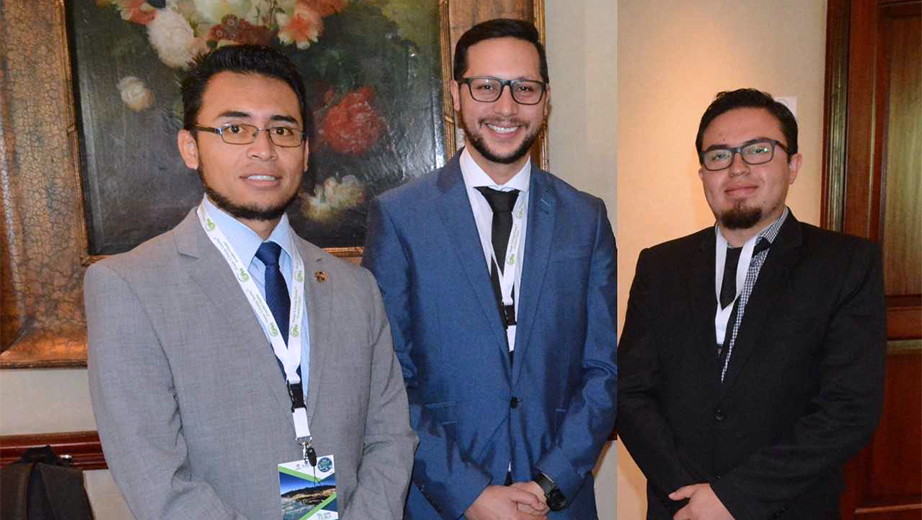
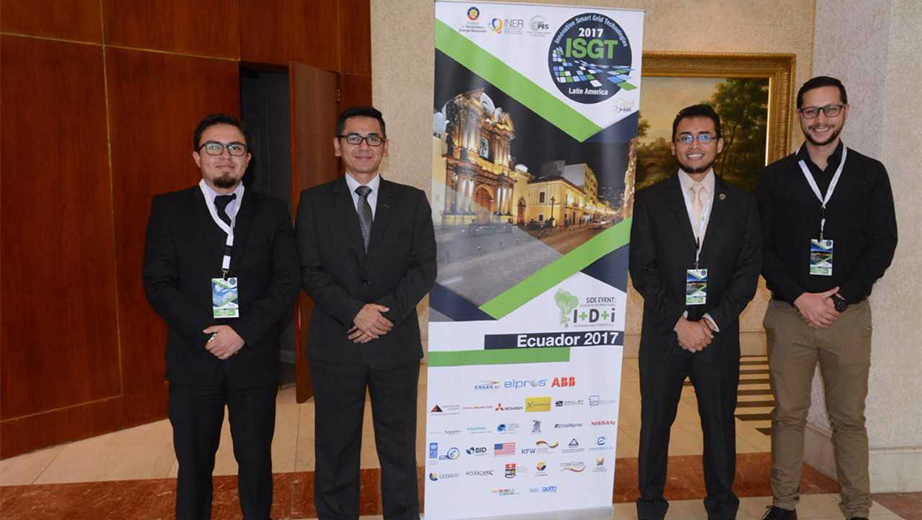
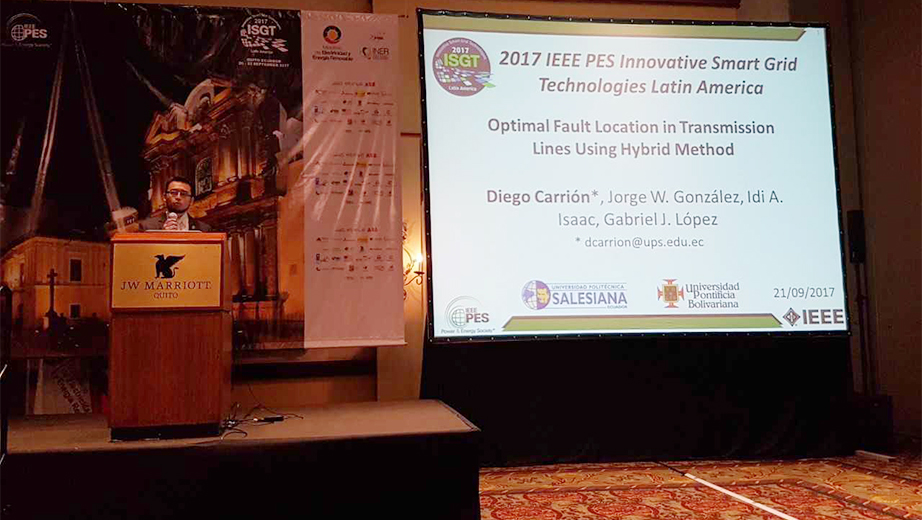
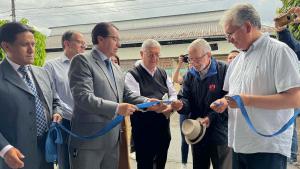
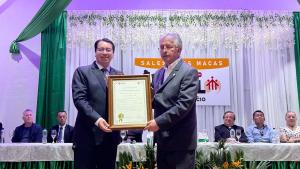
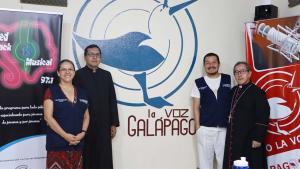
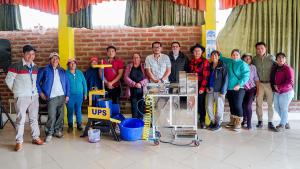
Follow us
Follow us